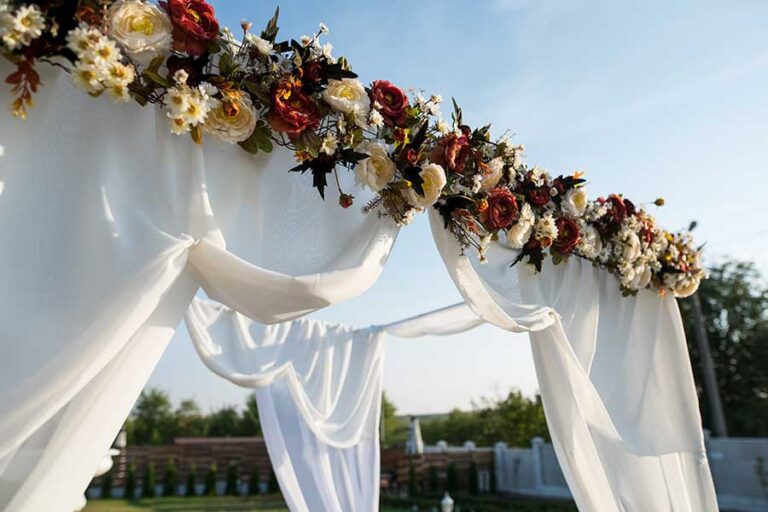So, in conclusion, while there are differing customs and opinions regarding weddings during the period between Pesach and Shavuot, it seems that there is room for leniency in certain situations. Ultimately, it is important to consult with a knowledgeable rabbi to determine the best course of action based on individual circumstances and the specific customs being followed.
The individual is not wed on all these days – he gets married only once.
He also notes that the stringency of haircutting seems to be more severe than that of marriages. Nevertheless, any difficulties in behaving one way or the other stem from the fact that in the same city we do not subscribe to customs that are diametrically opposed to each other.
The Gaon HaRav Moshe Feinstein (Iggrot Moshe, Volume I, Orach Chayyim 159) states clearly, as he does in other responsa, that “here” – referring to New York and Brooklyn – where people have come from places with different customs, each may do according to his custom, as these places would be considered as one city with two batei din. In such a case, there is no violation of “lo titgodedu.”
We find (Iggrot Moshe, Volume II, Orach Chayyim 94) that he was asked the following question: “What should a person whose custom is not to have his hair cut from Rosh Chodesh Iyar until the [three] days of hagbala do if he has to go to a wedding on Rosh Chodesh Sivan?”
Rabbi Feinstein sets forth that if one knows of this situation at the onset of Sefira, he could change his minhag, for whether he follows one minhag or the other, there would be 33 days on which he does not cut his hair.
However, if one had no knowledge of the impending wedding, what should he do? From Rabbi Feinstein’s discussion we see that the main issue during Sefira is tisporet (haircuts), not weddings. He states that if one is able to attend a wedding without having his hair cut, he should refrain from cutting his hair. If refraining from cutting his hair will cause him embarrassment, he would be permitted to cut his hair even if he does not have a close relationship with the hosts, as there is a mitzvah of simchat chatan ve’kallah at every wedding.
This is unlike a circumcision, where we only allow the father of the child, the mohel, and the sandak to have their hair cut. For a wedding, all are duty-bound to celebrate, which includes attending the wedding and personally making the new couple happy.
As for dancing and music, they too are not prohibited, as they are part and parcel of the wedding celebration. If one makes the wedding on Lag BaOmer or erev Rosh Chodesh Iyar, dancing and musical instruments are also permitted during the seven days of sheva berachot that follow.
Rabbi Feinstein then concludes that everyone is permitted to be present and partake in the joy.
Thus, to answer your question, there would be no doubt that a wedding is permitted on Rosh Chodesh Sivan. Whether you have your hair cut or not would depend on Rabbi Feinstein’s guidelines.
It is important to understand that Jewish weddings are dependent upon the bride securing a date and the availability of a hall, and that leaves a very narrow time period during any given month. Therefore, we must be very considerate of the couple’s needs.
In conclusion, send back your response card indicating that you will attend, and perhaps we will soon participate in an even greater joy – dancing in the streets of Jerusalem as we celebrate the arrival of Melech HaMashiach speedily, in our days.

